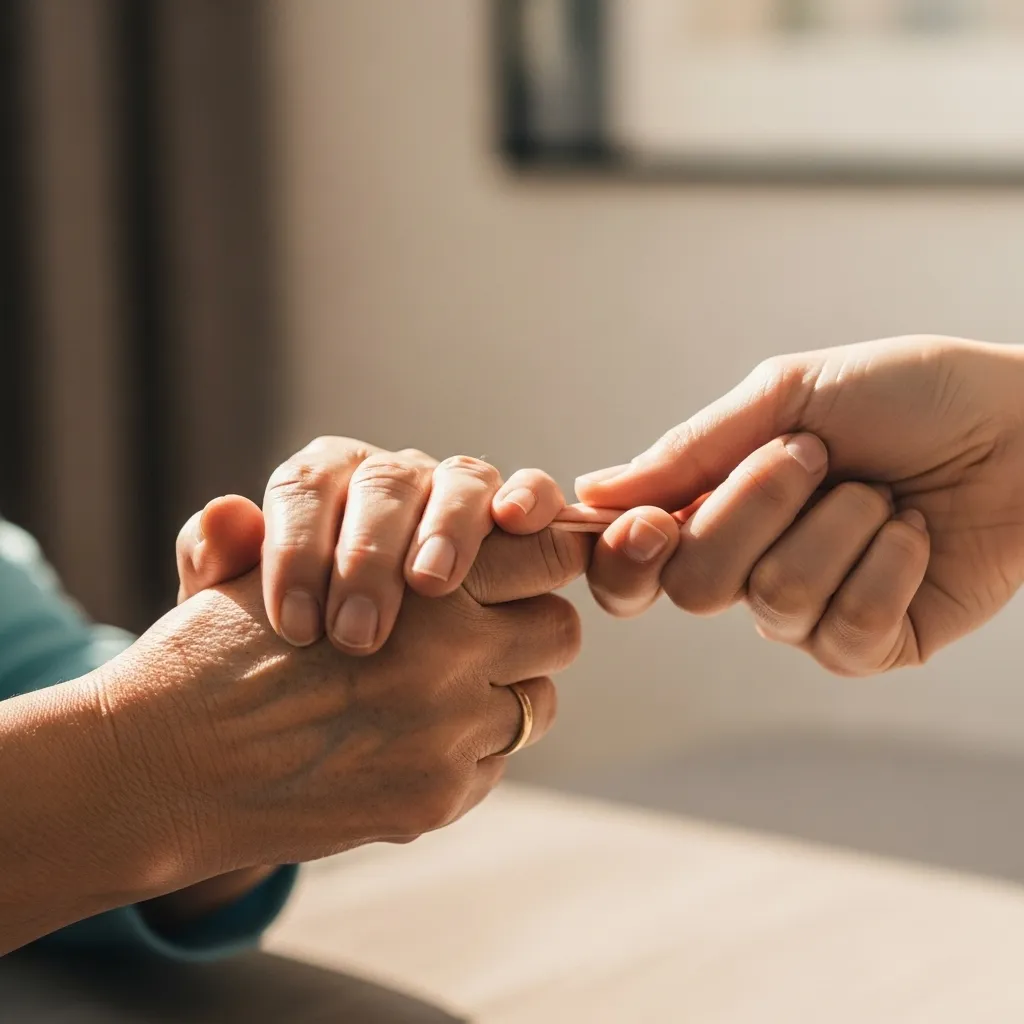
The Unseen Architecture of Connection: What Science Tells Us
Why does a feeling of disconnection with a partner hurt so much? The answer lies deep within our biology. Humans are wired for connection. From birth, our survival depends on forming secure bonds with caregivers. This fundamental need doesn’t just disappear when we become adults. Our romantic partner often becomes our primary “attachment figure,” the person we turn to for comfort, safety, and support. When that bond feels frayed, our nervous system can interpret it as a threat, triggering feelings of anxiety, sadness, or even panic.
This isn’t just a feeling; it has tangible health consequences. A growing body of research, much of it supported by institutions like the National Institute on Aging (NIA), highlights the profound link between social connection and senior health. Chronic loneliness has been associated with an increased risk of high blood pressure, heart disease, cognitive decline, and a weakened immune system. Conversely, strong social bonds, especially with a spouse, can act as a powerful buffer against stress. Feeling understood and supported helps regulate stress hormones like cortisol, which, when elevated for long periods, can cause inflammation and other health problems.
The health benefits of social interaction for seniors are not built on grand gestures. They are forged in the small, everyday moments. Relationship researcher Dr. John Gottman calls these moments “bids for connection.” A bid is any attempt from one partner to another for attention, affirmation, or affection. It can be as simple as saying, “Look at that beautiful bird outside,” sharing a story from the newspaper, or reaching for their hand. How we respond to these tiny bids—by “turning toward” them with interest or “turning away” with disinterest—is what builds or erodes the trust and friendship at the heart of a lasting partnership. Over time, consistently turning toward each other’s bids fills an emotional bank account, creating a reserve of goodwill that helps you weather life’s inevitable storms together.













